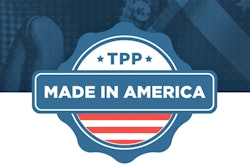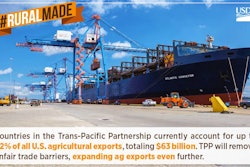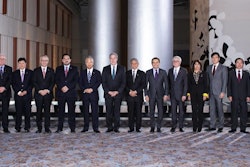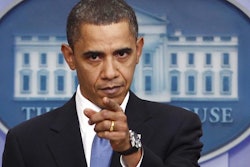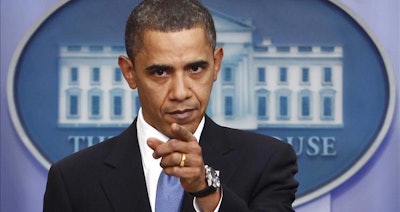
Concern that trade partners are manipulating currencies to gain an export edge has impeded the Obama administration’s efforts to gain Congressional support for a Pacific trade agreement, the Trans-Pacific Partnership, The Wall Street Journal reported.
The Obama administration and multi-national corporations oppose including rules on currency manipulation in negotiating a trade agreement while labor unions and U.S.-based manufacturers and lawmakers in both political parties want these rules included in the agreement, the article noted. Critics say an agreement under negotiation with Japan and 10 other Pacific countries should include enforceable rules to deter trading partners from intervening in currency markets to gain a trade advantage.
Skeptics fear that any gains U.S. companies get from lower tariffs negotiated in trade agreements could be reduced if foreign countries weaken their currencies, making their products more competitive, the article reported.
The Obama administration has said it prefers to handle currency manipulation through the Treasury Department and through forums such as the International Monetary Fund and the Group of 20 largest global economies, according to The Wall Street Journal.




